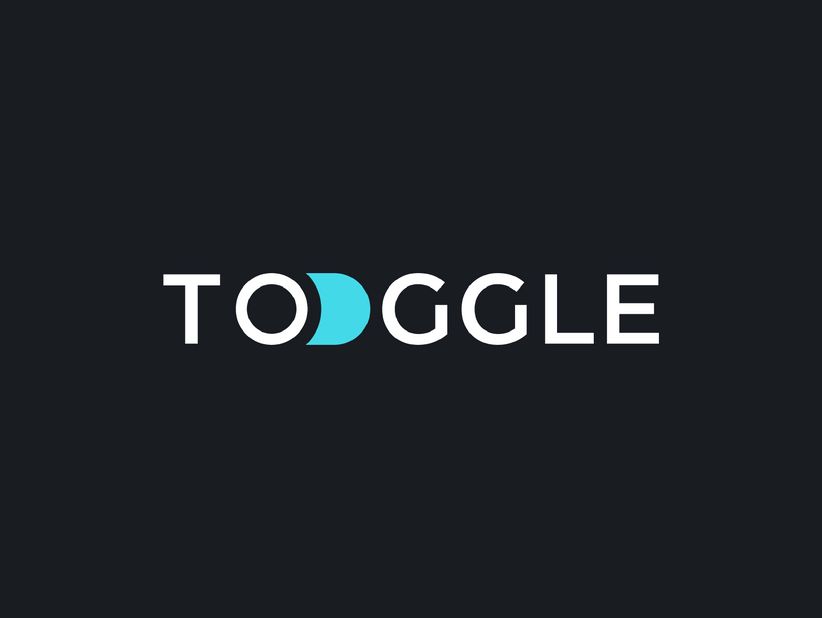
Dec 12
preview
Toggle AI is now Reflexivity! Click here to go to our new website
TLDR: The latest Consumer Price Index (CPI) data released Wednesday provided a much-needed sigh of relief for inflation-watchers.

April marked a pivotal moment with the core CPI ticking up just 0.3% from March and 3.6% from a year ago—its first slowdown in six months. This incremental ease in the core CPI could be seen as a sign that the Federal Reserve's firm stance on keeping interest rates high is starting to influence underlying inflation pressures, albeit at a painstakingly slow pace.
The broader CPI also rose by 0.3% from the previous month, matching the core’s increase but showing a slight decrease in year-over-year growth to 3.4%. A significant portion of this growth was driven by increases in shelter and gasoline prices, which together accounted for more than 70% of the overall rise. Despite this, there were segments of the market that experienced price declines, including used cars and household furnishings, hinting at a mixed economic landscape.
Moreover, the report highlights the ongoing tug-of-war in the economy between sectors experiencing price stability and those still under the throes of inflationary pressures. While food prices remained unchanged overall, energy prices continued to climb, marking a 1.1% increase over the month. Medical care, apparel, and motor vehicle insurance indexes all rose, pointing to sector-specific dynamics influencing the inflation narrative.
For investors and policymakers, the April CPI report offers a nuanced view of an economy where inflationary pressures are cooling, but only gradually.

The chart above displays the median 1-month response from the S&P 500, based on data from the past 5 instances where Core CPI crossed below 3.6% while 10Y yields were below 4.4%.
Here is the historical 1-month response from S&P sectors when CPI drops to 3.6% while 10y yields are below 4.4%:
Top 3 Performing Sectors
Bottom 3 Performing Sectors

Despite the economic pressures of persistent inflation, Walmart is poised to benefit from its strong grocery segment. Store traffic has risen by 3.9%, signaling robust consumer engagement, particularly in the South, with room for expansion in other regions.
While discretionary spending remains weak, Walmart’s initiatives such as store remodels, online SKU expansion, and enhanced pickup and delivery services aim to attract wealthier consumers with new offerings like its Bettergoods grocery brand. Moreover, investments in digital advertising and AI-powered logistics may help counterbalance softer general merchandise sales.
Up next

Dec 12
preview